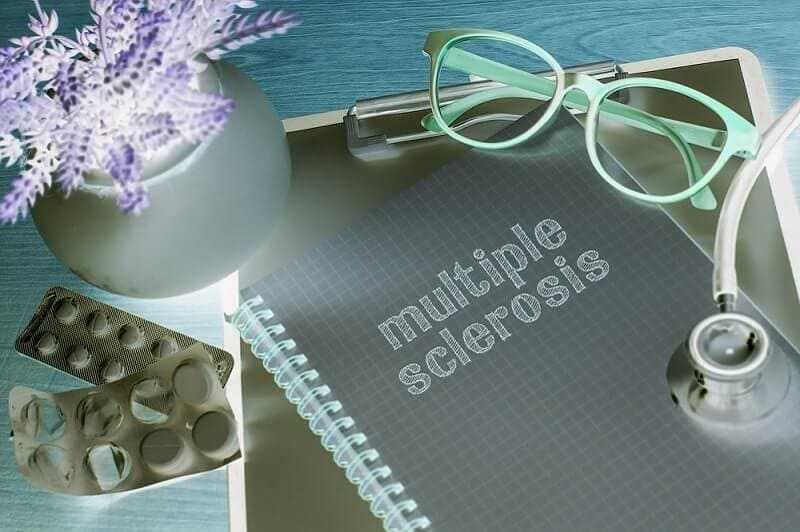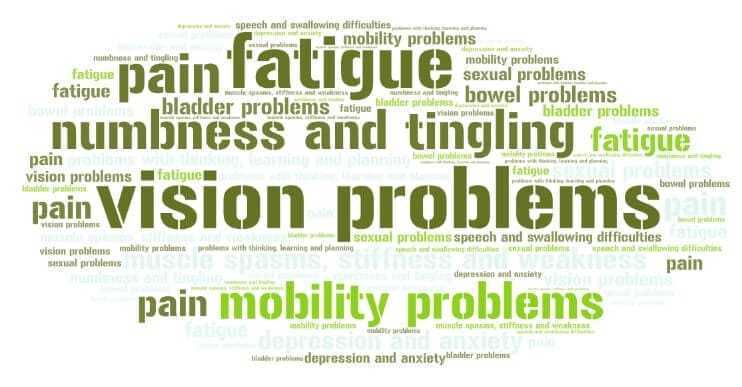What happens at the beginning?

Once the diagnosis has been made, it is crucial that the patient is given time and opportunity to ask questions, and an explanation is given of the nature of the condition and what to do at times of trouble. Initial acceptance of the disease is very difficult for some, and additional problems may arise with partners and other family members who cannot come to terms with what has happened. It is most important that this initial phase is properly managed if long-term problems beyond the purely physical are to be minimized.

Patient support groups are not to everybody’s taste, but can offer valuable support to some families, and the relevant National MS Society or Association which exists in most countries, will usually provide helpful material on request. Education is every bit as important as accurate diagnosis at this stage. The next few years will often set the pattern of the disease in any one individual, and the informed specialist should be able to offer some sort of overall prognosis reasonably quickly. It is no longer acceptable either to tell patients that the prognosis is too variable to be predicted usefully, or to give the impression that every problem is MS- related and therefore nothing can be done.

Patients need to know that help is available when required, and that symptomatic treatment will often improve quality of life significantly. Furthermore, for the first time in the history of the disease, we are now entering an exciting period of progress in treatments which beneficially influence the natural history of MS, with both the ß-interferons and glatiramer acetate (formerly known as Copolymer-1) having been shown in well conducted clinical trials to be effective in suppressing disease activity in selected groups of patients.
While there is still no approach to a cure for MS, its path can, now more than ever, be made much smoother because of recent advances in our understanding of MS and the rational development of treatment for symptoms, relapses and disease activity overall. Sympathetic handling of the initial diagnostic and post-diagnostic stages, the provision of adequate education and support and appropriate use of these modern treatments are beginning to make a substantial contribution to reducing the impact overall of this much feared disease.





